International Conference on the Societal Risk Management of Natural Hazards (ICSRM)
I Hotel and Conference Center, University of Illinois at Urbana-Champaign
April 17-18, 2014
Conference Organizers
-
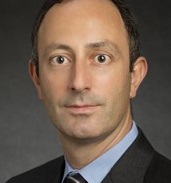 Paolo Gardoni
Paolo Gardoni
Paolo Gardoni is an Associate Professor and Co-director of the Societal Risk Management Program in the Department of Civil and Environmental Engineering at the University of Illinois at Urbana-Champaign. He is also the director of the MAE Center, which was established in 1997 by the National Science Foundation as one of three national earthquake engineering research centers. His research interests include reliability, risk and life cycle analysis; decision making under uncertainty; earthquake engineering; performance assessment of deteriorating systems; ethical, social, and legal dimensions of risk; policies for natural hazard mitigation and disaster recovery; and engineering ethics. Learn more about Paolo Gardoni
-
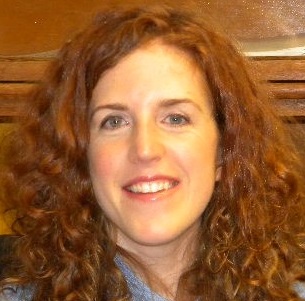 Colleen Murphy
Colleen Murphy
Colleen Murphy is an Associate Professor of Philosophy and Director of the Women and Gender in Global Perspectives Program at the University of Illinois at Urbana-Champaign. Her work addresses the ethical dimensions of risk. Learn more about Colleen Murphy
-
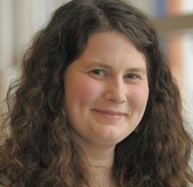 Arden Rowell
Arden Rowell
Arden Rowell is an associate professor of law at the University of Illinois. Her work addresses the regulation of risk and uncertainty, focusing particularly on the intertemporal impacts of regulation, the distribution of environmental harms, and the quantification of the costs and benefits of public policies. Learn more about Arden Rowell
Speakers
-
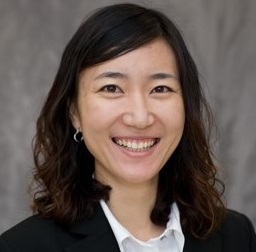 Eun Jeong Cha
Eun Jeong Cha
Eun Jeong Cha is an Assistant Professor in the Department of Civil and Environmental Engineering at the University of Illinois at Urbana-Champaign. Her research interests are in risk-informed decision making for buildings and other infrastructure exposed to natural and man-made hazards with a focus on life cycle analysis, the role of risk acceptance attitudes, and extended life spans of civil infrastructure projects in planning, design, maintenance and replacement for a sustainable development. Learn more about Eun Jeong Cha
-
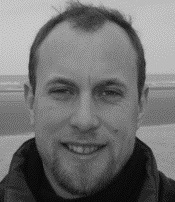 Mark Coeckelbergh
Mark Coeckelbergh
Mark Coeckelbergh is Professor of Technology and Social Responsibility at the Centre for Computing and Social Responsibility, De Montfort University, UK and teaches at the Department of Philosophy, University of Twente, The Netherlands. He is also co-Chair of the IEEE Robotics & Automation Society Technical Committee on Robot Ethics. Previously he was Managing Director of the 3TU Centre for Ethics and Technology. His publications include Growing Moral Relations (Palgrave Macmillan 2012), Human Being @ Risk (Springer 2013), and numerous articles on ethics and technology. His research interests include philosophy of risk, environmental philosophy and financial ethics. Learn more about Mark Coeckelbergh
-
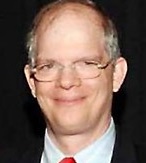 Tony Cox
Tony Cox
Dr. Tony Cox is President of Cox Associates (www.cox-associates.com), a Denver-based applied research company specializing in quantitative risk analysis and advanced analytics. He holds a Ph.D. in Risk Analysis (1986) and an S.M. in Operations Research (1985), both from M.I.T. Dr. Cox is a member of the National Academy of Engineering and of the National Academies Board of Mathematical Sciences and their Applications; a lifetime Fellow of the Society for Risk Analysis; an Edelman Laureate of the Institute for Operations Research and Management Science; and the recipient of many prizes and awards recognizing outstanding real-world accomplishments in these and related fields. He is also Clinical professor of Biostatistics and Informatics at the University of Colorado Health Sciences Center, and Editor-in-Chief of Risk Analysis: An International Journal. Learn more about Tony Cox -
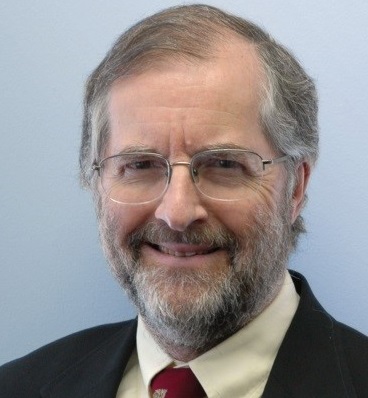 Bruce Ellingwood
Bruce Ellingwood
Dr. Ellingwood received his undergraduate and graduate education at the University of Illinois at Urbana-Champaign. He held professional research and administrative positions at the National Bureau of Standards (now NIST), Johns Hopkins University and the Georgia Institute of Technology prior to joining Colorado State University. His main research and professional interests involve the application of probability and statistics to structural engineering, particularly in structural reliability theory and probabilistic risk assessment. He is internationally recognized as an authority on structural load modeling, reliability and risk analysis of engineered facilities, and as a leader in the technical development and implementation of probability based codified design standards for building structures. He is Editor of Structural Safety, and serves on five other editorial boards. He is a member of the National Academy of Engineering, a Distinguished Member of ASCE and an Inaugural Fellow of the Structural Engineering Institute. Learn more about Bruce Ellingwood
-
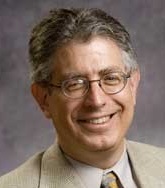 Daniel Farber
Daniel Farber
Daniel Farber is the Sho Sato Professor of Law at the University of California, Berkeley, as well as being Faculty Co-Director of the Center for Law, Energy, and the Environment. He teaches and writes about constitutional law and environmental law. He is a Life Member of the American Law Institute and a Fellow of the American Academy of Arts and Sciences. Professor Farber received a B.A. in philosophy (minoring in mathematics) with high honors in 1971 and an M.A. in sociology in 1972, both from the University of Illinois. In 1975 he earned his J.D. from the University of Illinois, where he was a member of the Order of the Coif, editor in chief of the "University of Illinois Law Review," a Harno Scholar and class valedictorian. After graduating, Professor Farber clerked for Judge Philip W. Tone of the U.S. Court of Appeals for the 7th Circuit and for Justice John Paul Stevens of the U.S. Supreme Court. He was appointed to the Berkeley faculty in 2001. He has written extensively about risk regulation, environmental law, and disaster issues. Learn more about Daniel Farber
-
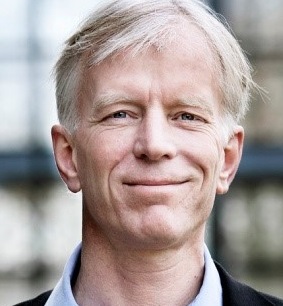 Michael Havbro Faber
Michael Havbro Faber
Michael Havbro Faber is professor in Risk and Safety and the head of the department of civil engineering at the Technical University of Denmark, DTU. His research is directed on engineering decision making with focus on applied Bayesian decision theory, life safety, management of catastrophic risks, risk assessment, Bayesian uncertainty modelling, structural reliability and risk based assessment and maintenance. Michael H. Faber is actively involved in several international committees, including: The Joint Committee on Structural Safety; the International Forum on Engineering Decision Making ; the WEF GAC on Catastrophic Risks and the OECD High Level Risk Forum. Learn more about Michael Havbro Faber
-
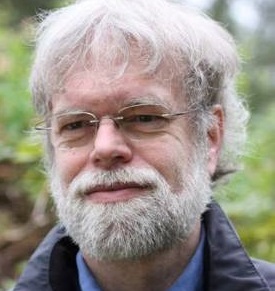 Sven Ove Hansson
Sven Ove Hansson
Sven Ove Hansson is professor in philosophy and Head of the Division of Philosophy, Royal Institute of Technology, Stockholm. He is editor-in-chief of Theoria and the book series Outstanding Contributions to Logic (Studia Logica Library). He is also member of the editorial boards of Synthese, Studia Logica, and the Journal of Philosphical Logic, member of the scientific editorial board of Philosophy & Technology, and area editor of the book series Logic, Argumentation & Reasoning. Learn more about Sven Ove Hansson
-
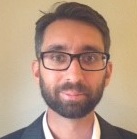 Adam Hosein
Adam Hosein
Adam Hosein is an Assistant Professor of Philosophy at the University of Colorado, Boulder. He works mainly in ethics, political philosophy, and the philosophy of law. Some topics he has recently published on include distributive justice, immigration, campaign finance, and the ethics of harming. His interests in risk management include questions about the fair distribution of risk and whether the state should weigh risks of harming its own citizens more heavily than risks of failing to aid them. Learn more about Adam Hosein
-
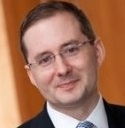 Gregg Macey
Gregg Macey
Gregg Macey focuses his work primarily in the realms of environmental regulation, organization theory, and urban planning. He joined the faculty of Brooklyn Law School in 2010, where he is an Associate Professor of Law. He has held a variety of academic positions over the course of his career. He was a Visiting Assistant Professor at Fordham Law School between 2008 and 2010. He was a lecturer in the University of Virginia's School of Architecture, a Dillard Fellow at the University of Virginia School of Law, a Voorhees Instructor at the Massachusetts Institute of Technology, and a Research Fellow at Harvard Law School's Program on Negotiation. He has written articles for journals such as the Virginia Environmental Law Journal, Journal of Policy Analysis and Management, Cornell Law Review, Utah Law Review, Georgetown Law Journal, Environmental Law, Environmental Management, MIT Journal of Planning, and Brigham Young University Law Review. He has also served as an attorney and consultant with a variety of organizations, including Kirkland & Ellis LLP, E2 Inc., and the Consensus Building Institute. He has a Ph.D. in urban planning from MIT and a JD from the University of Virginia. Learn more about Gregg Macey
-
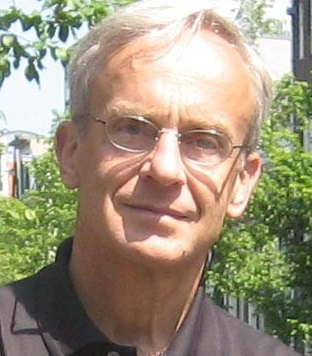 Douglas MacLean
Douglas MacLean
Douglas MacLean is Professor of Philosophy at the University of North Carolina at Chapel Hill. His research and teaching are in ethics and political philosophy. The main focus of his research for many years has been on how we measure and evaluate risks to society and, more specifically, how analytic techniques of risk assessment reflect or fail to reflect social values. Learn more about Douglas MacLean
-
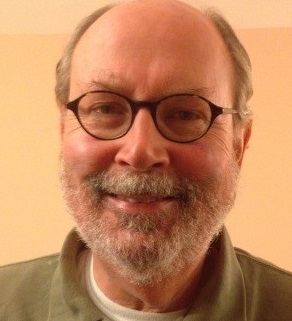 Timothy McCarthy
Timothy McCarthy
Timothy G. McCarthy is Professor of Philosophy and Linguistics at the University of Illinois at Urbana-Champaign. Trained as a mathematician, he received his Ph.D. in Philosophy from Johns Hopkins in 1979. His research interests lie mainly in mathematical logic, Philosophy of logic and mathematics and metaphysics. He is interested in the problem of risk from the standpoint of decision theory and the theory of social choice. Learn more about Timothy McCarthy
-
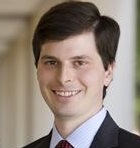 Peter Molk
Peter Molk
Professor Molk is a Visiting Assistant Professor at the University of Illinois College of Law. His research focuses on issues in insurance law and organizational design. His current work examines how insurers and regulators interact and respond to one another, particularly in the context of correlated risk, and how insurance can be used as a tool to manage catastrophic risk resulting from natural and other disasters. Learn more about Peter Molk
-
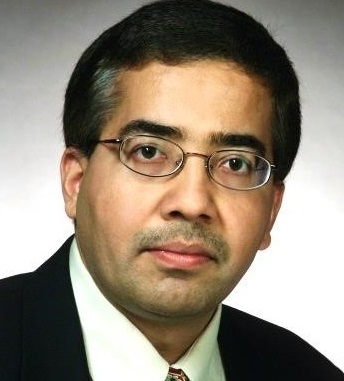 Mahesh Pandey
Mahesh Pandey
Dr. Mahesh Pandey is currently a Professor and an Industrial Research Chair in Risk and Life Cycle Management of engineering systems. Dr. Pandey is leading a large research program for developing risk informed decision making tools for nuclear industry. This program has been funded (over 5 M$ in last 10 years) by an alliance of the Canadian Government, universities and nuclear utilities. The key areas of research are stochastic modeling, system reliability analysis, multi-hazard aggregation and societal risk management. Learn more about Mahesh Pandey -
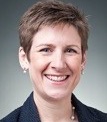 Sarah Pfatteicher
Sarah Pfatteicher
Dr. Sarah Pfatteicher is Associate Dean for Academic Affairs in the College of Agricultural and Life Sciences at the University of Wisconsin-Madison where she is also Research Professor of Civil and Environmental Engineering and a member of the Holtz Center for Science and Technology Studies. As associate dean, she serves as the designated academic officer for the college, overseeing academic programs and student services. Her research emphasis is in engineering ethics and education, and disaster prevention and response. Both of these topics are covered in her recent book, Lessons amid the Rubble: an Introduction to Post-Disaster Engineering and Ethics (Hopkins, 2010). Learn more about Sarah Pfatteicher -
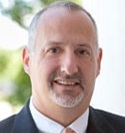 David Rosowsky
David Rosowsky
David V. Rosowsky is Provost and Senior Vice President of the University of Vermont. He served previously as Dean of Engineering at RPI in Troy, New York and as Head of the Zachry Department of Civil Engineering at Texas A&M University, where he also held the A.P. and Florence Wiley Chair in Civil Engineering. A recognized expert in structural reliability, design for natural hazards, stochastic modeling of structural and environmental loads, and probability-based codified design, Dr. Rosowsky has authored or co-authored more than 140 papers in peer-reviewed journals and more than 150 papers appearing in conference proceedings. He has supervised more than 20 Masters and Doctoral students. He is the recipient of the ASCE Walter L. Huber Research Prize, the T.K. Hseih Award from the Institution of Civil Engineers (UK), and the ASCE Norman Medal. He is a registered Professional Engineer, and holds the rank of Fellow of the American Society of Civil Engineers. Learn more about David Rosowsky
-
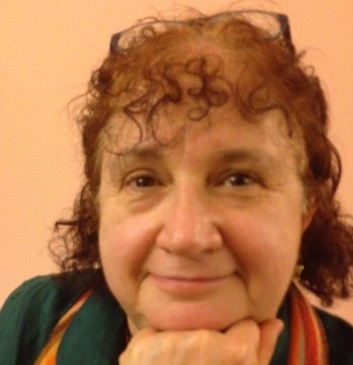 Noreen Sugrue
Noreen Sugrue
Noreen M. Sugrue is Assistant Professor and Coordinator of Health and Policy Initiatives in the Women and Gender in Global Perspectives program at the University of Illinois at Urbana-Champaign. Her broad research focus is health and social welfare policy. Specifically, her research centers on inequality and policy relates to skilled labor migration, healthcare labor issues, access, to care, and changes in delivery and care. Her interest in risk is in redefining what constitutes relevant data and how professionals use expert and non-expert data to change behaviors and achieve desired outcomes. Learn more about Noreen Sugrue
-
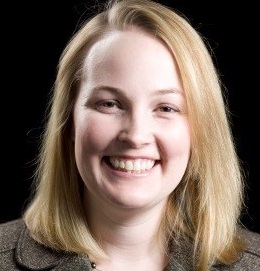 Lisa Grow Sun
Lisa Grow Sun
Lisa Grow Sun graduated summa cum laude from Harvard Law School. After law school, she clerked for the Honorable J. Michael Luttig, United States Court of Appeals for the Fourth Circuit, and then for the Honorable Justice Anthony M. Kennedy, United States Supreme Court. Sun now teaches disaster law, constitutional law, and torts at the J. Reuben Clark Law School, Brigham Young University. Her research centers on the intersection of law and natural disasters. She is a coauthor of the definitive disaster law textbook, Disaster Law and Policy, with Dan Farber, Jim Chen, and Rob Verchick. Learn more about Lisa Grow Sun -
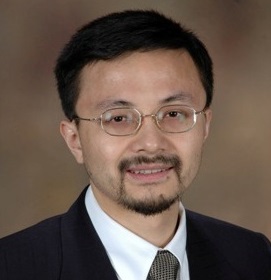 Yan Wang
Yan Wang
Yan Wang is an Assistant Professor at the Woodruff School of Mechanical Engineering, Georgia Institute of Technology. His research interests include uncertainty quantification, stochastic modeling, reliable simulation under uncertainty, non-additive probability theory, decision making under risk and ambiguity, as well as their applications in systems design and engineering. Learn more about Yan Wang
-
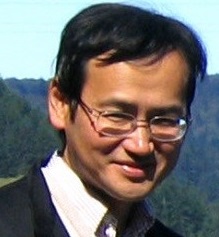 Gordon Woo
Gordon Woo
Gordon Woo is a catastrophist at Risk Management Solutions (RMS), specializing in mathematical modeling of extreme risks, with a particular focus on catastrophe insurance. Apart from his scientific papers, he is the author of two books, published by Imperial College Press: ‘The Mathematics of Natural Catastrophes’, and ‘Calculating Catastrophe’. Top mathematics graduate of Cambridge University, he completed his PhD in theoretical physics at MIT as a Kennedy Scholar, and was a member of the Harvard Society of Fellows. He is currently an adjunct professor at the Institute of Catastrophe Risk Management at Nanyang Technological University, Singapore.
-
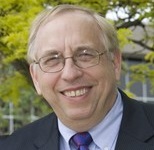 Donald J. Wuebbles
Donald J. Wuebbles
Donald J. Wuebbles is the Harry E. Preble Professor of Atmospheric Science at the University of Illinois. He is an expert in numerical modeling of atmospheric physics and chemistry and has authored over 400 scientific articles, relating mostly to atmospheric chemistry and climate issues. Dr. Wuebbles has been a lead author on a number of national and international assessments related to concerns about climate change and the effects of human activities on stratospheric and tropospheric ozone. Dr. Wuebbles and colleagues received the 2005 Stratospheric Ozone Protection Award from the U.S. Environmental Protection Agency. He has been honored by being selected a Fellow of three major professional science societies and shares in the 2007 Nobel Peace Prize for his work with the international Intergovernmental Panel on Climate Change. Learn more about Donald J. Wuebbles
